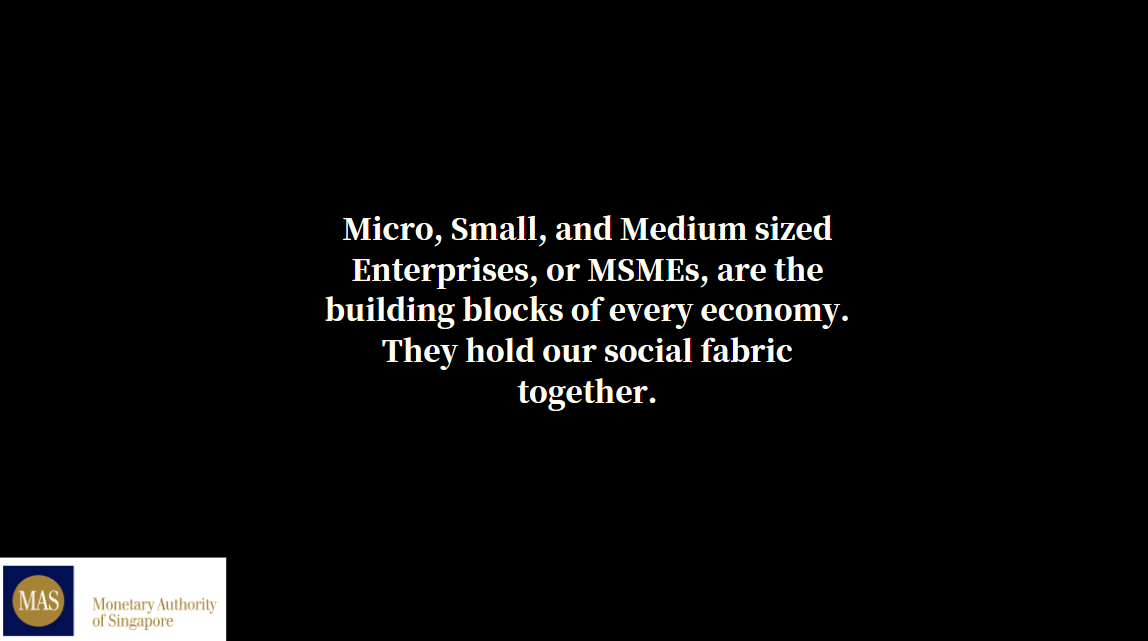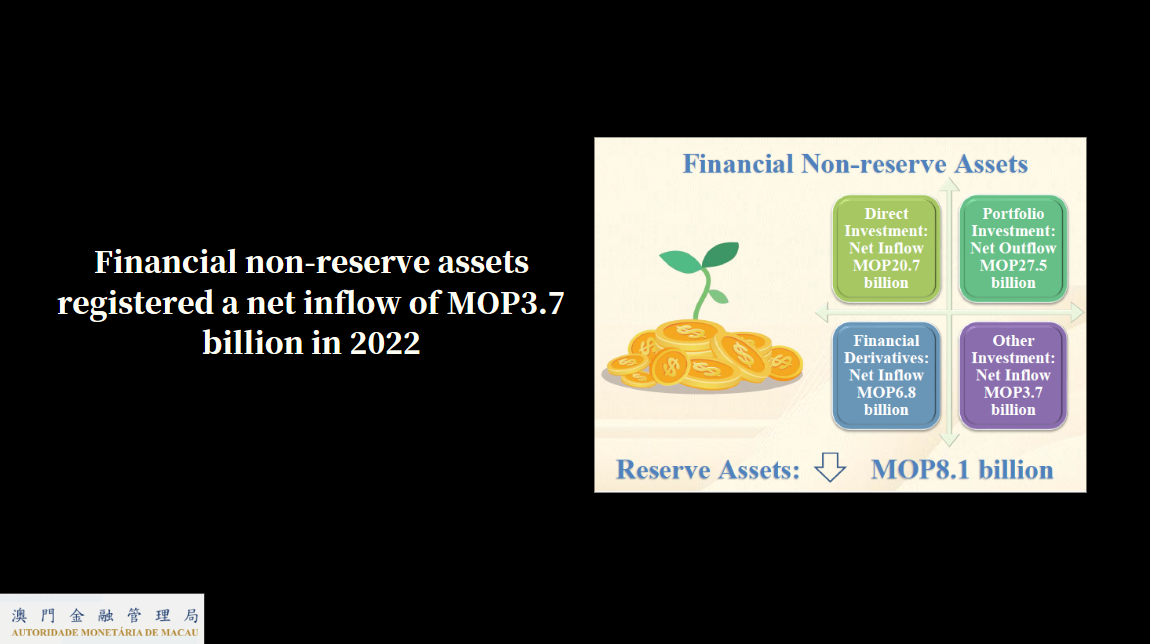Ben Broadbent: The economic costs of restricting trade - the experience of the UK
Download → PDF full text
Introduction and summary
Good morning. I haven't been to this conference for a number of years and it's a great pleasure to be back.
Quite a bit has happened in the interim. We have been through a terrible pandemic. We are now witnessing the most serious armed conflict on the European continent since the Second World War.
These events have taken a terrible human toll. They've also had significant impacts on the world economy.
Despite their differing origins, the economic consequences of these shocks have quite a bit in common. The pandemic disrupted the supply of traded goods, much of it from Asia. This contributed to a material rise in their relative price and a reduction in the real incomes of goods importers.
The resulting real-income squeeze has led to rapid inflation in domestic wages and prices in these importing countries, through the normal mechanism of "real income resistance". In both cases it's also led to calls for policymakers actively to reduce dependence on these imports – whether goods from parts of East Asia or gas from Russia – in order to "de-risk" trade.





















































First, please LoginComment After ~